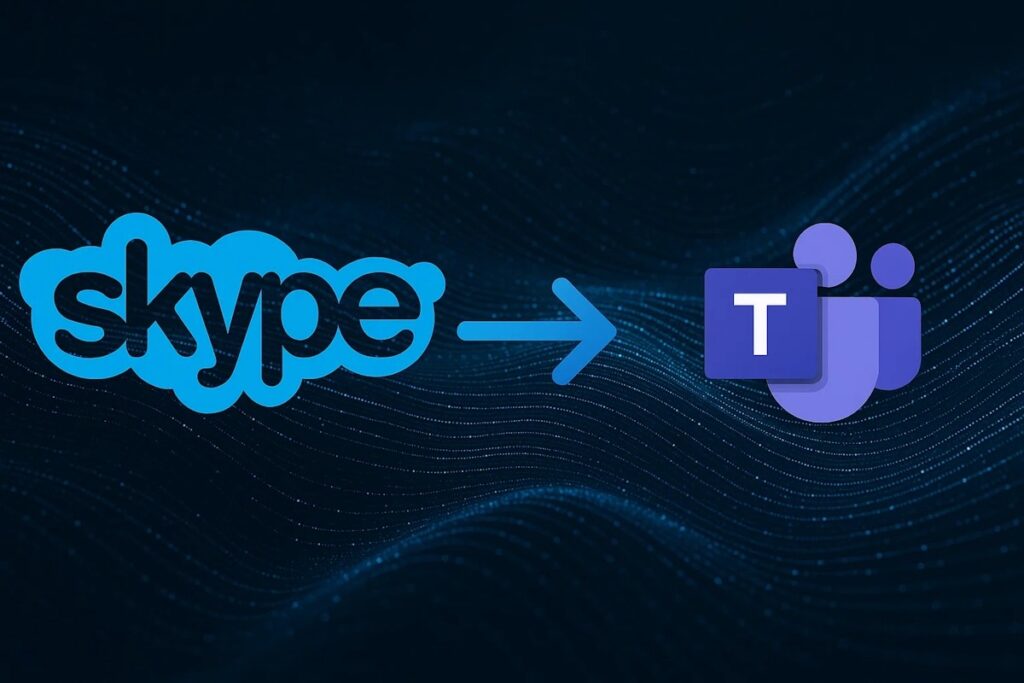In 2011, Microsoft acquired Skype for $8.5 billion, marking its largest-ever acquisition at the time. Skype revolutionized internet-based communication, becoming synonymous with free voice and video calls. It was an early pioneer of VoIP (Voice over Internet Protocol) technology, offering people their first chance to make global calls at no cost, which was a major departure from the high costs of traditional long-distance calls dominated by telecom companies.
At its peak, Skype boasted over 300 million monthly active users and became a vital communication tool for both individuals and businesses worldwide.
Decline in Popularity
However, Skype’s dominance began to fade as newer competitors like Zoom, WhatsApp, and even Microsoft’s own Teams gained ground. By 2023, Skype’s active user base had dwindled to just 36 million users. Teams, which focuses on business communication and collaboration, has since surpassed Skype with 320 million monthly users.

The decline was attributed to a combination of factors, including Skype’s inability to keep up with newer platforms, particularly during the COVID-19 pandemic when Zoom became the go-to tool for video conferencing. Additionally, Skype’s frequent user interface (UI) changes, reliability issues, and misguided attempts at adding social media-like features contributed to its loss of relevance.
Microsoft’s Shift to AI and Teams
The decision to discontinue Skype reflects Microsoft’s broader strategy to prioritize artificial intelligence (AI) within Teams. The company intends to focus on integrating advanced AI features to improve user experience, while Skype’s technology has become outdated in comparison.
Employees working on Skype will be reassigned to other projects, rather than facing layoffs. Microsoft is pushing forward with its business-oriented Teams platform, which has already eclipsed Skype in terms of user base and feature offerings.
Skype’s Legacy and Final Days
Skype played a pivotal role in popularizing VoIP technology and paved the way for future innovations in communication. It was also an early adopter of AI features, such as real-time language translation, which Microsoft showcased in a high-profile 2014 demonstration. Despite its technological contributions, Skype struggled to adapt to changing user needs and preferences.
Skype users were given until May 5 to migrate their data and contacts to Teams or other services, marking the end of an era. Though Skype’s legacy lives on in the VoIP technology it helped popularize, it serves as a reminder that brand recognition alone cannot sustain a platform that fails to evolve with the times.
